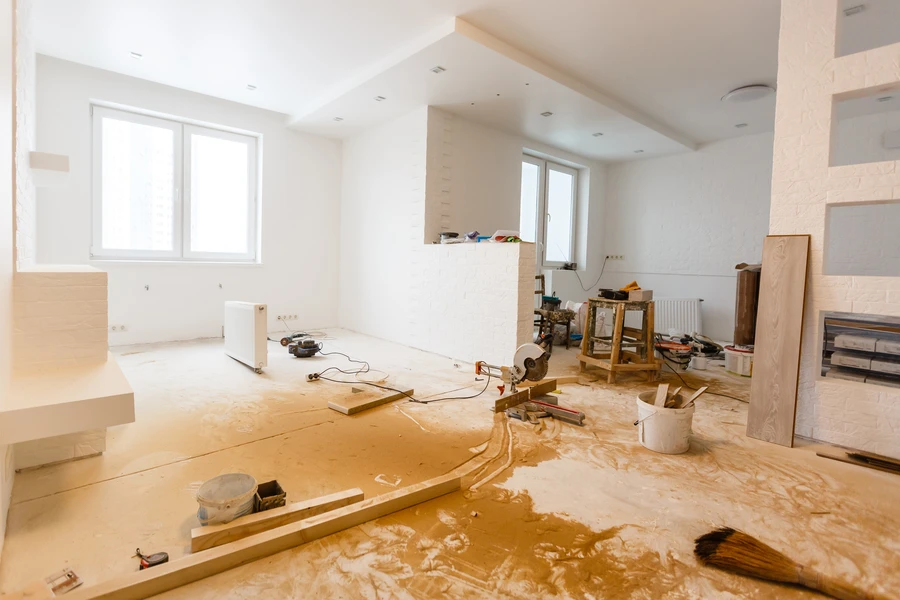The Importance of Legal Compliance in Home Upgrades
Home remodeling can transform your living space and add significant value to your property. However, embarking on such projects requires more than just a vision and a budget. Understanding the permits and regulations involved is crucial to ensure your project complies with local laws and standards. In this guide, we will explore essential aspects of obtaining permits and adhering to regulations that govern home remodeling.
Navigating Local Building Codes
Local building codes dictate the safety and structural standards that must be met during home remodeling projects. These codes vary by location, which makes it essential for homeowners to research their area’s specific requirements. By doing so, you can ensure that your project not only meets legal standards but also enhances the safety and functionality of your home.
When Are Permits Required?
Permits are typically required for major alterations to your home’s structure, electrical systems, or plumbing. Projects like adding new rooms, changing load-bearing walls, or installing significant electrical upgrades fall into this category. Even some minor changes may require permits depending on local regulations. Consulting with professionals offering remodeling services ensures compliance and reduces risks.
Types of Permits You May Need
Several types of permits might be necessary, including building permits, electrical permits, and plumbing permits. A building permit covers structural changes while electrical and plumbing permits address changes to those respective systems. Working with experienced remodeling services helps streamline the process, as they can handle permit applications on your behalf.
Steps for Obtaining Permits
Securing the appropriate permits involves several steps:
- Research local requirements: Understand what permits are needed for your project.
- Prepare detailed plans: Provide blueprints or sketches for approval.
- Submit applications: File the necessary paperwork with the local authorities.
- Pay fees: There are often application and review fees associated with permits.
- Schedule inspections: Ensure ongoing inspection compliance throughout the project.
Consequences of Skipping Permits
Failing to obtain the required permits can lead to serious consequences. Firstly, you may face fines and penalties from local authorities. Moreover, should you decide to sell your home in the future, unauthorized modifications could complicate or delay the sales process. Ensuring all work is documented and approved protects your investment in the long term.
Understanding Zoning Laws
Zoning laws regulate land use within different areas of a city or town. They determine what type of construction is permitted in certain areas, affecting everything from building height to setback distances from property lines. It is important to understand these limitations before planning any home expansion or renovation project.
Cost Implications of Compliance
While there are costs associated with obtaining permits and meeting regulatory standards, they pale compared to the potential financial impact of failing to comply. Non-compliance can result in additional expenses such as fines or mandatory alterations to meet codes post-construction. Investing in proper planning and professional guidance ensures that remodeling projects are both successful and cost-effective over time.
Your Path to Successful Home Remodeling
Whether upgrading an existing space or expanding your home’s footprint, understanding permits and regulations is key to success. At Trillo's Expert Handyman & Landscaping Services, our team offers expert guidance through every stage of your project. We ensure compliance with all necessary regulations, providing peace of mind and quality outcomes. Located in Phoenix, AZ, our experts are ready to assist you with all your remodeling needs. Contact us today at (602) 858-3562 to start planning your next transformation.


